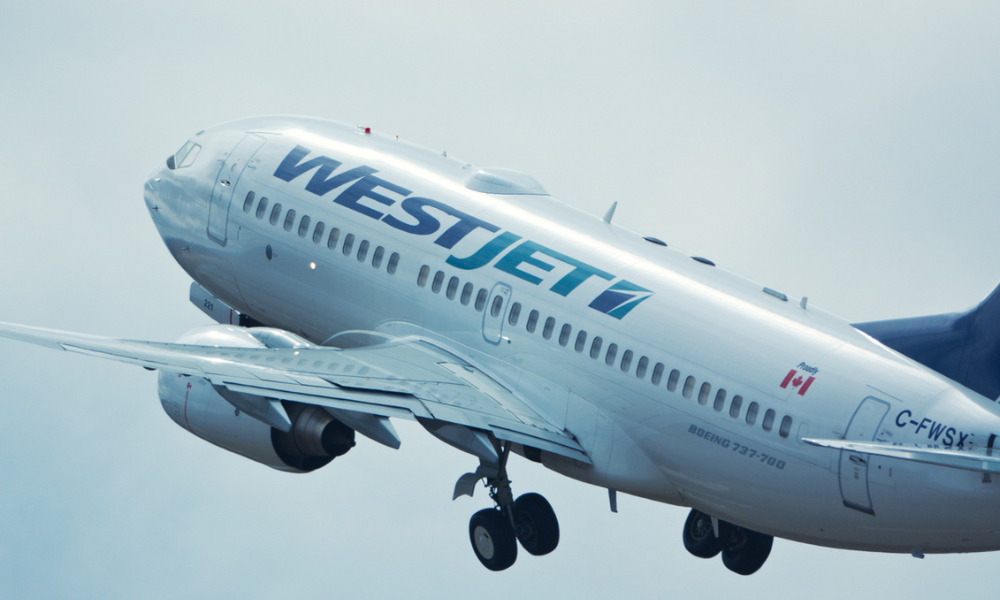WestJet faces fallout from a two-day mechanics strike, affecting 170,000 passengers and causing cancellations

WestJet is still dealing with the aftermath of a two-day plane mechanics strike that almost grounded the airline's network for 29 hours over the Canada Day long weekend, costing millions of dollars, according to BNN Bloomberg.
Starting on June 28, the work stoppage forced the cancellation of more than 1,050 flights during one of the year's busiest travel periods.
WestJet continued to cancel flights well into the following week, calling off 244 trips from Tuesday through Saturday and at least 32 more on Sunday, as reported by FlightAware. The airline estimates that at least 170,000 passengers have been affected.
Resuming normal operations for a fleet of 180 planes across over 175 destinations is a complex, costly, and time-consuming task. WestJet stated in an email that they are working to restore operations promptly.
“We sincerely apologize to all guests affected by the strike,” said spokesperson Madison Kruger. “Our teams across WestJet are working diligently to support all impacted guests as quickly as possible.”
However, many travellers have expressed their frustration through messages and social media, noting that WestJet's customer service was almost unreachable for days. April Miller from Arizona reported being on hold for 30 hours without any response.
Harry Eskander stated that he hadn't received any communication from WestJet since his family's June 30 flight to Toronto from Cancun was cancelled 16 hours before departure.
“WestJet completely ignored us, ruined our vacation, and caused us significant emotional and financial stress,” he said. Eskander's family eventually booked a Delta Air Lines flight at an additional cost of $2,500.
Rebooking issues also plagued passengers. Canada's passenger rights charter requires airlines to book travellers on the next available flight, even from competitors, if they cannot rebook within 48 hours and the passenger declines a refund. Customers claim WestJet failed to offer this option.
Samuel Spencer, stranded in San Francisco on a layover, reported that WestJet’s automatic email offered no rebooking options and suggested taking a refund, despite available seats on another WestJet flight within 48 hours.
Unable to reach service agents by phone or find staff at ticket counters, Spencer rebooked on a Delta flight two days later, incurring roughly $2,700 in extra costs.
Spencer criticized WestJet's technology and contingency planning, urging the federal government and the Canadian Transportation Agency to hold the airline accountable.
WestJet claimed they offered refunds if rebooking within two days wasn't possible and must respond to compensation claims within 30 days. They stated that compensation for hotels and meals is not required for situations outside the carrier’s control, a point of dispute among advocates.
Gabor Lukacs, president of the Air Passenger Rights advocacy group, advised passengers to seek reimbursement through small claims court if necessary and to file complaints with the transportation agency.
The strike's ripple effects led WestJet to withdraw its float from the Calgary Stampede, citing strain on staff as the reason. On June 28, 680 mechanics walked off the job despite a directive for binding arbitration from federal Labour Minister Seamus O'Regan.
The Aircraft Mechanics Fraternal Association’s strike caught WestJet and Ottawa off guard, forcing the company back to negotiations with the union.
A deal was reached on June 30, focusing on wages and compensation, but not before the travel plans of tens of thousands of Canadians were disrupted for the long weekend.



